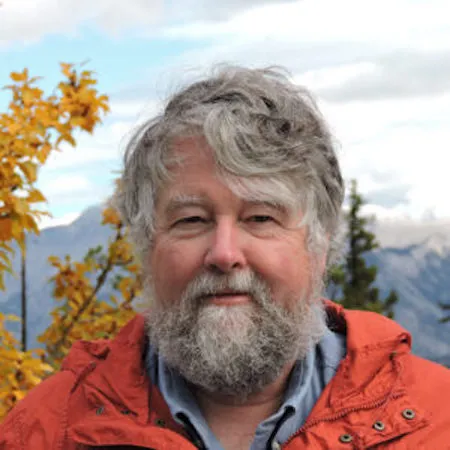Assessing the Drivers
At least since the Millennium Ecosystem Assessment, the relationship among ecosystem services and stress placed on both the environment and human well-being have been at the center of sustainability science. This framing has inspired a growing body of work, primarily at the household level, on the use of ecosystem services and human well-being. In parallel, a substantial literature uses the STIRPAT formulation to examine the anthropogenic drivers of the stress nations place on the environment. Recently, a series of studies has begun to examine why nations and other geopolitical units differ in the efficiency with which they generate human well-being relative to the stress they place on the environment. Dr. Thomas Dietz will overview these developments and present some recent work that attempts to understand variation across nations in their environmental intensity of well-being.
Presenters

Thomas Dietz
Dr. Thomas Dietz is a Professor of Sociology and Environmental Science and Policy and the Assistant Vice President for Environmental Research at Michigan State University. His current research examines the human driving forces of environmental change, environmental values, and the interplay between science and democracy in environmental issues. He has a long-standing program of scholarship on the relationship between science and democracy in environmental policy. He holds a PhD in Ecology from the University of California, Davis, and a bachelor's degree of general studies from Kent State...

Thomas Dietz
Dr. Thomas Dietz is a Professor of Sociology and Environmental Science and Policy and the Assistant Vice President for Environmental Research at Michigan State University. His current research examines the human driving forces of environmental change, environmental values, and the interplay between science and democracy in environmental issues. He has a long-standing program of scholarship on the relationship between science and democracy in environmental policy. He holds a PhD in Ecology from the University of California, Davis, and a bachelor's degree of general studies from Kent State University.
Thomas is a Fellow of the American Association for the Advancement of Science and has been awarded the Sustainability Science Award from the Ecological Society of America; the Distinguished Contribution Award and the Outstanding Publication Award from the American Sociological Association Section on Environment, Technology and Society; and the Gerald R. Young Book Award from the Society for Human Ecology. At the National Research Council he has served as chair of the U.S. National Research Council Committee on Human Dimensions of Global Change and the Panel on Public Participation in Environmental Assessment and Decision Making, and currently is vice chair of the Panel on Advancing the Science of Climate Change of the America’s Climate Choices study. Dr. Dietz has also served as secretary of Section K (Social, Economic, and Political Sciences) of the American Association for the Advancement of Science and is the former president of the Society for Human Ecology.